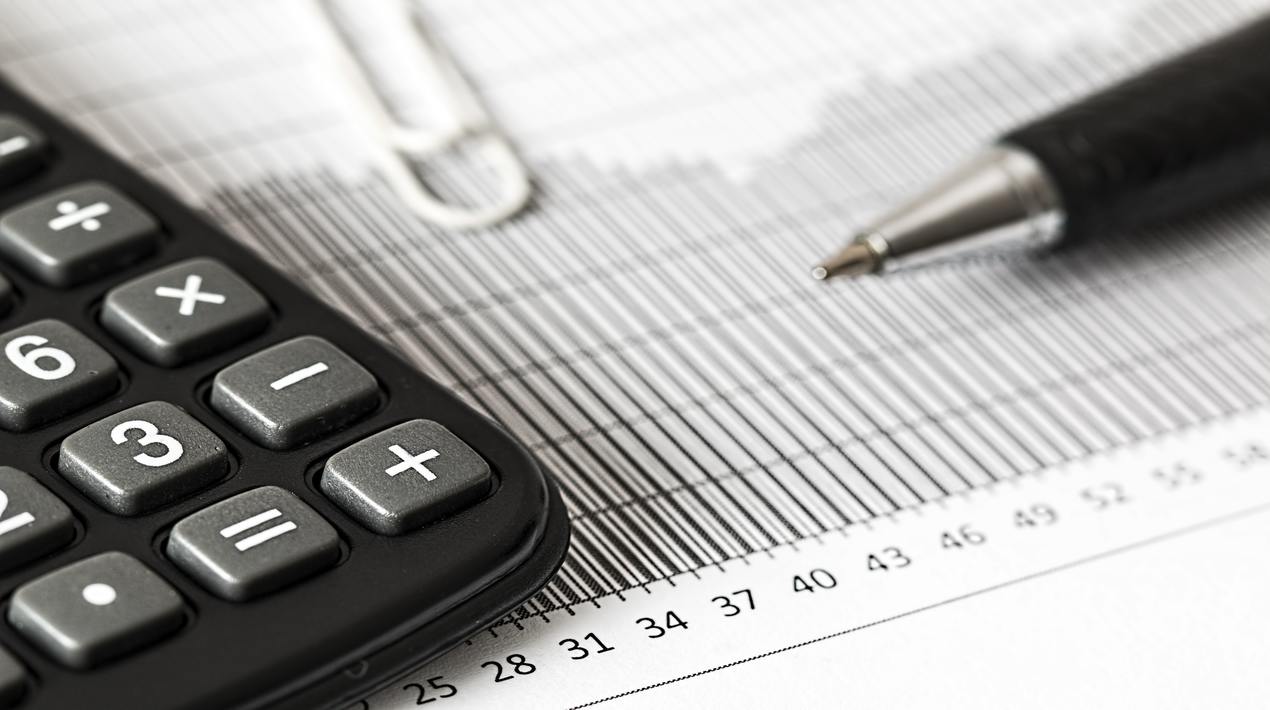
Indonesia’s Finance Ministry is ending the year on a high note after it announced that it is on track to meet its goal of beefing up its portfolio with new projects in digital technology. Minister of Finance Sri Mulyani Indrawati said in a statement that the Directorate General of Taxes (DGT) has introduced several innovative projects this year. Among these is what the DGT calls its 3C digital service or the click, call and counter programme. Through this undertaking, the DGT was able to provide 50 tranches of digital services. Of this number, 46 were allotted for automated solutions.
The DGT welcomed this feat but was firm in saying that it still has more important challenges to face in terms of preparing and finalising regulations. One of these, the DGT mentioned, is the enactment of a law that would spur job creation. The agency is also looking forward to the implementation of the Stamp Duty Act which shall introduce and broaden the concept of an electronic stamp duty to include non-physical documents arising from electronic transactions. This new law is expected to be implemented in January 2021.
The Finance Minister explained that the DGT has a lot to accomplish in the coming year, as taxation is a matter of public interest. She also stressed that: “Many are concerned with taxation matters. This must be prepared by the Directorate General of Taxes in addition to the task of collecting taxes, the task of providing incentives to those who can get it, improving services, transforming services to digital and also in terms of legislation.”
To ensure that it is on track to meet its goals, the DGT embarked on a digital transformation scheme to enable faster and more seamless tax transactions. This blueprint included the formation of intermediate tax service offices to be added to its existing district offices.
Improved services amid the pandemic
More than providing streamlined public services, the Finance Minister mentioned that it was able to inject innovation in several aspects of operations despite restrictions brought by the “new normal”. She likened the Ministry’s current operations to having two separate offices -one that collects taxes and another office that assists taxpayers in getting their tax incentives.
She also said that the pandemic has been a real catalyst in spurring improvements in the Ministry. Today, there is a marked change in holding meetings, developing tax applications and preparing detailed analyses of economic activities.
The Minister likewise expressed enthusiasm in the DGT’s and the whole Ministry’s initiatives to still make room for innovation and carrying out their tasks toward the end of the year and into 2021.
In a separate statement, the Finance Minister urged the offices of the Directorate General of Treasury to focus on the initiatives of the government rolled out during the pandemic and apply the same innovative mindset in the coming year. She added that the enhanced work pattern practised during the pandemic should be maintained. This includes managing spending and utilising human resources.
The Minister likewise said: “I ask all levels of [the Directorate General of Treasury] to continue to think about how our policies, regulations, business processes and even the way we work both at the front office and the back office can be updated [to] adapt to the new normal atmosphere.”
The positive outlook of the Ministry of Finance is parallel to the earlier statement made by Indonesian President Joko Widodo. In a report by OpenGov Asia, the government expressed optimism that it will hit its Sustainable Development Goals (SDGs). This, the President said, can be realised by accelerating digital transformation despite the effects of the pandemic and in the long run, contribute to the country’s overall economic growth.
















